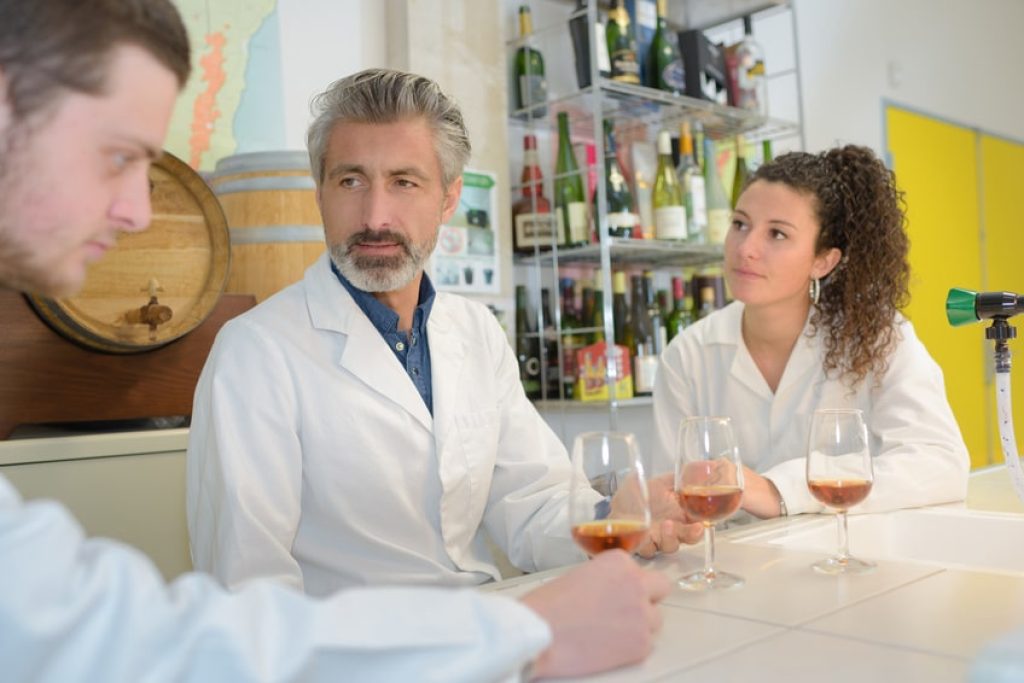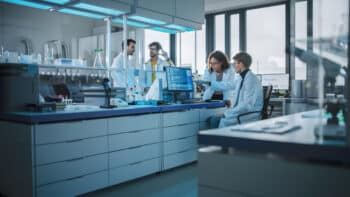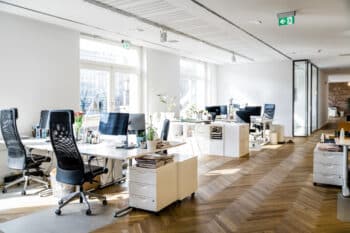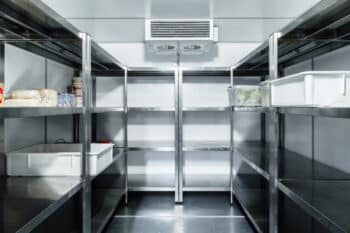It can take generations for a vineyard to start producing crops which make palatable wine, and even longer to make a vintage truly worth its place on wine lists around the world. It is a labour of love that winemakers are prepared to sacrifice their life’s work to achieve – sitting at the top table of the world’s viticulture community.
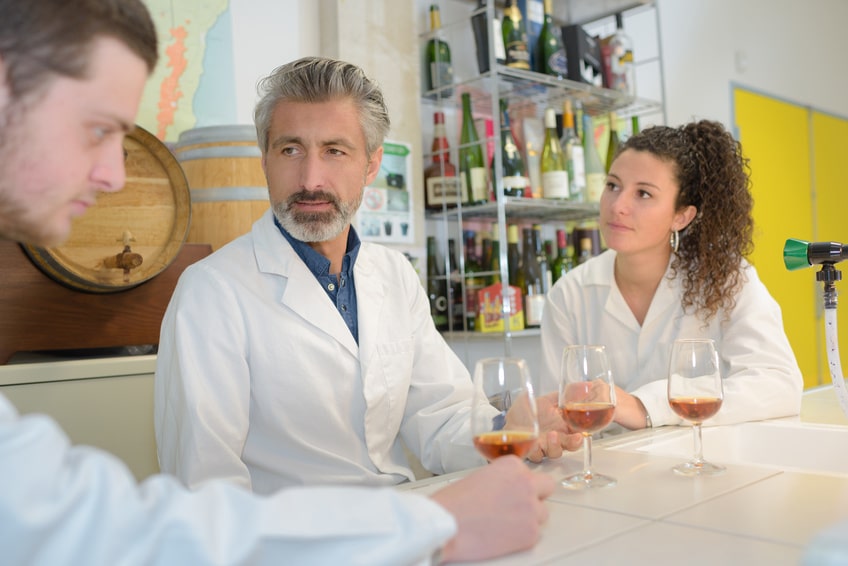
Founded in 2015 in California, the winemaking and technology capital of the US, Ava Winery are keen to disrupt the winemaking industry in a similar fashion to Uber’s disruption of taxi services The idea was born from the founder’s frustration at the elitist and exclusive nature of fine wine.
Alec Lee explains that he was dining in a San Francisco restaurant where a bottle of Chateau Montelena 1973 was on sale for over $10,000. Lee and his business partner, Mardonn Chua, could not afford this bottle, but reasoned they may be able to recreate it if they had knowledge of all the components of the liquid.
As the two already had access to a laboratory and backgrounds in the sciences, this idea was not so far-fetched and they started dreaming up plans to recreate many of the world’s most revered and exclusive vintages. Potentially pouring the finest wines in glasses on the humblest of dinner tables – the Ava Winery team will be using their scientific knowledge to compete with insider knowledge passed down over hundreds of years.
The startup is looking to produce the wines using more than science however, employing the services of sommelier, Joshua Decolongon, to bridge the gap between flavour and taste. The winery hopes this will help them create wines which produce the same emotional response as their from-the-soil counterparts.
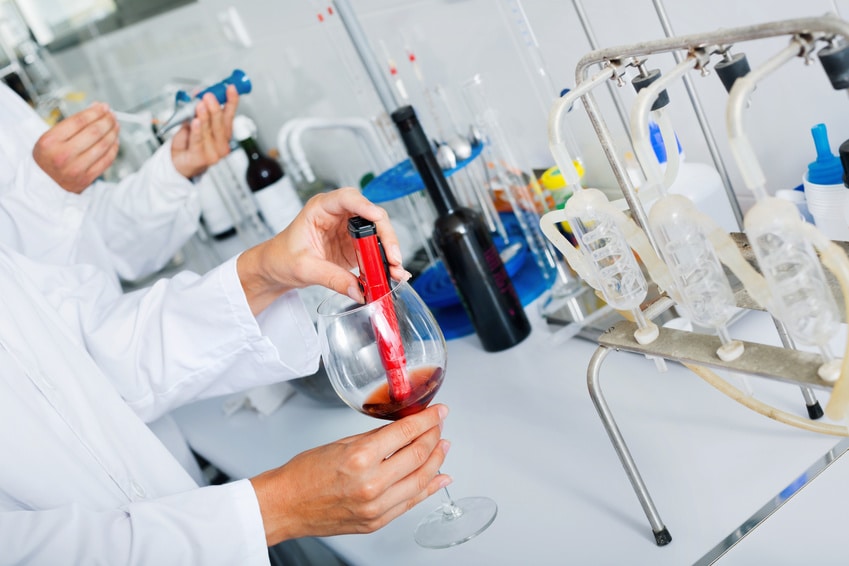
Furthermore, should these lab-produced wines prove popular they could completely topple the established winemaking industry. Bypassing the need for perfect soil types and favourable weather conditions – the Ava Winery team could potentially revolutionise the way wine is produced the world over. Additionally, by increasing quality and reducing scarcity, the price of your favourite plonk could soon plummet.
The winery has plans to release four wines shortly, a sparkling number based on Moscato d’Asti, two reds and a dry white. It will be interesting to see which vintages the lab chooses to serve as inspiration for their first generations of wine.
Naturally, the established winemakers potentially disrupted by these new lab-produced wines will not be happy, and the Ava Winery are already prepared for the backlash. However, the team are convinced they will not face legal action as the winemakers don’t own any copyright over the liquid itself, just the intellectual property and branding – factors Ava Winery aren’t looking to use.
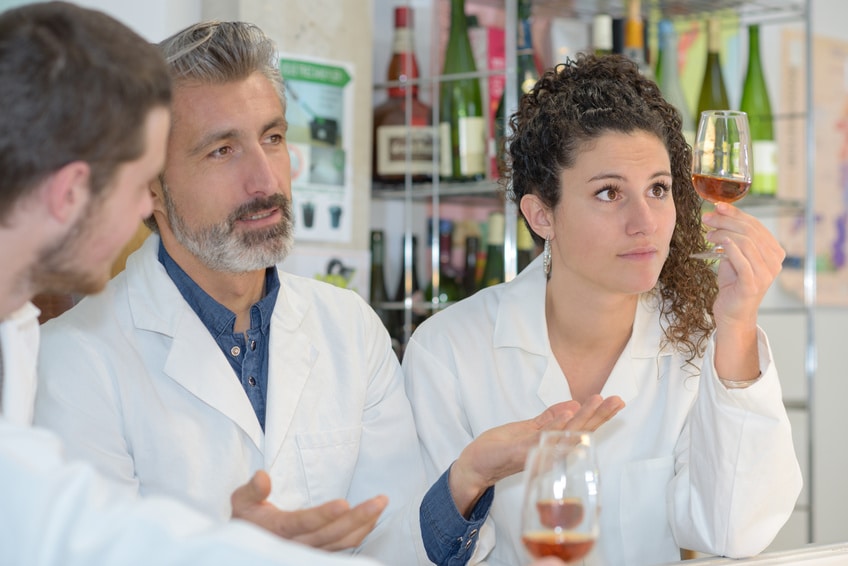
And if the copycat wines prove to be a success? Alec Lee suggests the doors could open for Ava Winery to start producing wines offering tastes that grapes cannot deliver. A new generation of wines, delighting casual drinkers and wine buffs alike, could be just around the corner.
However you plan to use your laboratory, InterFocus can help you create the perfect working environment. For more information about our bespoke fitted labs, visit our homepage or call our team on 01223 894 833.

